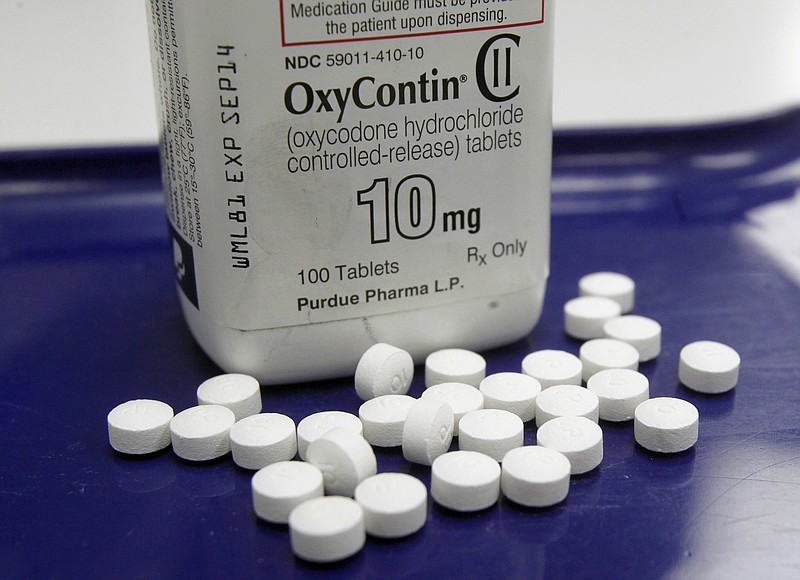Prevent poisoning:
* Store medicine away from food and household products * Keep medicine and household products in original containers * Use child-resistant packaging and store medicine and cleaners above floor level. * If it's medicine, call it medicine, not candy. * Take medicine where children can't watch. * Always turn on the light when using medicine, never take medicine in the dark. * Call Tennessee Poison Center for help at 1-800-222-1222
Top sources of poison exposure
In order, the top five substances for poison exposure in Tennessee are: 1. Analgesics 2. Cosmetic/Personal Care Products 3. Household cleaning products 4. Sedative/hypnotics/antipsychotics 5. Antihistamines
Those painkillers by the night stand may be killing more than the holiday hangover. Poisoning, especially by painkillers, is the leading cause of injury death in Tennessee, according to the Tennessee Poison Center, housed at Vanderbilt University Medical Center.
And in the past fifteen years, death rates from poisoning overall have more than doubled, according to Donna Seger, M.D., Tennessee Poison Center Medical Director.
It's easier to ingest poison than you may think. After analgesics (painkillers), the top sources of poisoning are cosmetics, household cleaners, sedatives and allergy medications, all of which add up to roughly 56,000 reported cases this past year.
Simple household precautions, however, could reduce that number. The poison center suggests that residents keep medications in their original containers and locked in a safe place.
They also call for people with children to pay special attention when taking and giving any medications.
"If it's medicine, call it medicine, not candy," the center warned in a news release.
The Tennessee Poison Center's warning applies to more than just children. According to the United Nations Office on Drugs and Crime (UNODC), America is the world's leader in prescription painkiller abuse.
